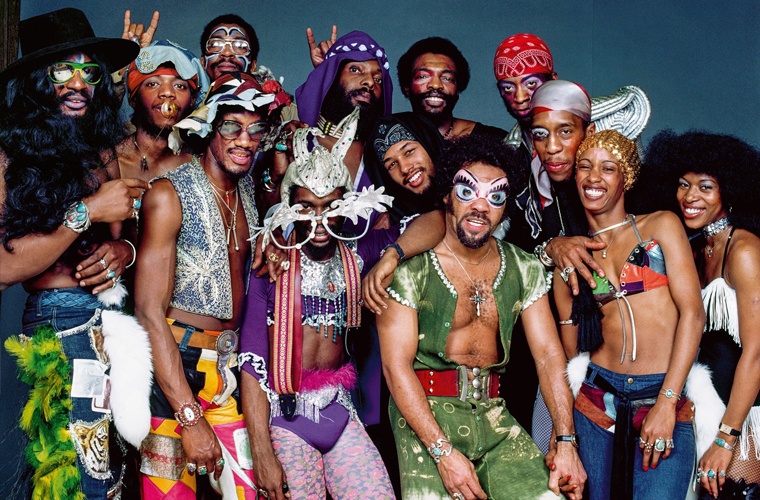Parliament-Funkadelic, also known as P-Funk, is a legendary American funk and soul band that has influenced the music industry for decades. The band was formed in the 1960s and was led by George Clinton, who is considered to be one of the greatest musical innovators of all time. P-Funk’s music is characterized by its unique blend of funk, soul, and psychedelic rock, and its live performances are known for their high energy and theatricality.
P-Funk was originally formed as two separate bands, Parliament and Funkadelic. Parliament was formed in 1955 in New Jersey by George Clinton, and the band’s early music was heavily influenced by doo-wop and R&B. Funkadelic, on the other hand, was formed in 1968 in Michigan by George Clinton and a group of musicians who were heavily influenced by psychedelic rock.
In the early 1970s, Parliament and Funkadelic began to collaborate and eventually merged into one band, which became known as Parliament-Funkadelic or P-Funk for short. The band’s music during this period was characterized by its use of synthesizers, horns, and other electronic instruments, as well as its focus on social and political issues.
P-Funk rose to prominence in the mid-1970s with the release of their album “Mothership Connection” in 1975. The album featured the hit single “Give Up the Funk (Tear the Roof off the Sucker),” which became a classic of the funk genre. The album also featured the iconic track “P-Funk (Wants to Get Funked Up),” which introduced the concept of the P-Funk mythology, a complex and elaborate mythology that would become a central part of the band’s identity.
P-Funk continued to release successful albums throughout the late 1970s and early 1980s, including “The Clones of Dr. Funkenstein” (1976), “Funkentelechy vs. the Placebo Syndrome” (1977), and “Motor Booty Affair” (1978). The band’s live performances during this period were also legendary, featuring elaborate costumes, stage props, and theatrical performances that were unlike anything else in the music industry.
P-Funk’s influence on the music industry is undeniable. The band’s unique blend of funk, soul, and psychedelic rock has influenced countless musicians across a variety of genres, including hip-hop, R&B, and rock. The band’s use of electronic instruments and synthesizers was also groundbreaking and helped to pave the way for the electronic dance music (EDM) genre that would emerge in the 1980s.
In addition to their musical influence, P-Funk’s focus on social and political issues was also groundbreaking. The band’s music often addressed issues such as racism, poverty, and inequality, and their live performances were known for their messages of unity and empowerment.
Parliament-Funkadelic is a legendary band that has left an indelible mark on the music industry. Their unique blend of funk, soul, and psychedelic rock, as well as their focus on social and political issues, has influenced countless musicians across a variety of genres. P-Funk’s live performances were also legendary, featuring elaborate costumes, stage props, and theatrical performances that were unlike anything else in the music industry. Today, P-Funk’s legacy continues to live on through their music and their influence on future generations of musicians.

